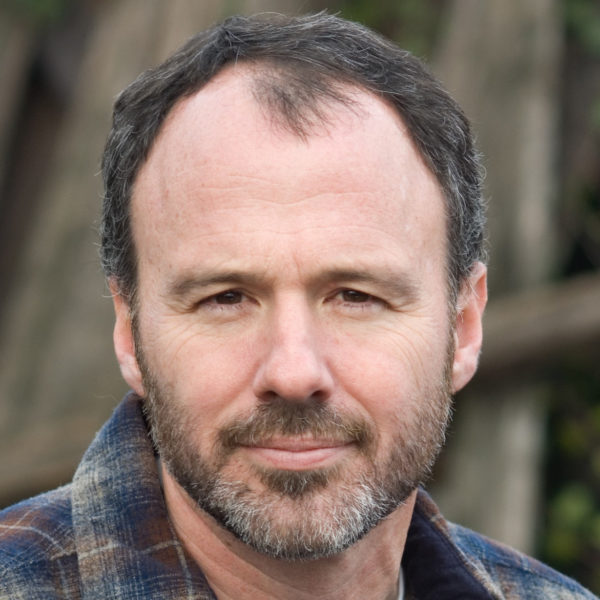At the Heart of Easter Sunday Is a Woman
I’ve always loved Easter. As a child, I divided the chapters of my Bible storybook to extend across Holy Week, reading each event on the day that it occurred. I recognize that the gospels are not a history lesson, but a bridge to truths otherwise beyond our comprehension.
I’ve also learned that the Easter story doesn’t revolve around crucifixion, an empty tomb, or even the glory of a resurrected spirit. It revolves around Mary Magdalene.
The Gospel of John tells of Mary going to the tomb in the darkness of early morning. Already we’re given the powerful image of a woman walking alone through dark streets and among hillside graves. Finding the tomb empty, she hurries to tell Peter and John, and returns with them so they can verify her story. As they rush off to report the news, she hangs back, to mourn.
In her grief, Mary sees Jesus standing before her, but mistakes him for a gardener. He even speaks to her: “Woman, why are you crying? Who is it you are looking for?” Still she can’t allow herself the truth.
It’s not until He says her name that she cries out in recognition. In that world-shifting moment, she doesn’t call him “Savior” or “Christ” or even “Jesus.” She calls him “Rabboni.” In a telling parenthetical, the gospel’s author reminds us that the word means “teacher.”
These few lines from the Gospel of John hold great meaning for us. It’s a woman who rises early and walks through darkness to visit the tomb. It’s a woman who stays to mourn, unafraid of her grief. And it’s this particular woman, shunned by society, who is first called by the risen Jesus.
The denominations that still deny women their place at the altar, might take another look at John 20.
But the story holds an even deeper significance, for Mary represents all of us. We are slow to see, slow to consider the truths that challenge the comfortable limits of our understanding. And perhaps we all need to hear our name spoken — to be called — before we can recognize the opportunity that stands before us.
Most important, at the heart of this story lies the relationship between a student and her teacher, a man who challenges and annoys and demands the impossible. Easter isn’t about the resurrection of Jesus. It’s about the enormous achievement of his star pupil, who has the courage to open her eyes to new possibility.


Share your reflection